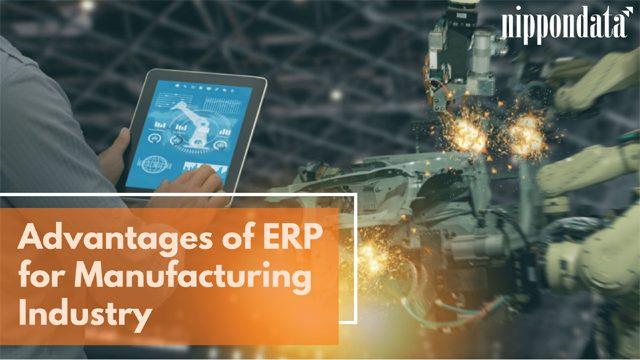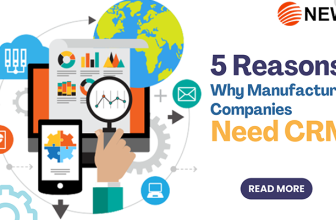Your leads and customers can be tracked centrally with the aid of a CRM. Having a more accurate picture of your sales pipeline, it makes managing your operations and follow-ups simpler.
Manufacturing CRMs frequently cause delays and don’t always perform as expected, which is the issue. Some may not sync with QuickBooks, leaving out vital data about sales transactions. Others provide a universally applicable solution even though your manufacturing workflows and processes are unique.
Therefore, you are not alone if you are unsure of whether your present CRM is the best option for you. Teams are so dissatisfied with their CRM, that 40% of them actively migrate to another platform. Most people switch after learning their original CRM was missing capabilities essential to their business and sales process.
You should think about switching CRMs for the following primary reasons:
Describe your company’s needs
It’s crucial to first ascertain the needs of the firm to examine the extent to which a CRM may aid the business in achieving its objectives. Make a list of the issues your CRM should address, and then specify the essential functions you want it to have.
Obtain feedback from your internal team
Any organization that implements CRM will experience tremendous transformation. All members of the organization must be on board for the change to go smoothly. Participation from top management will probably increase the systems’ legitimacy, making it simpler for the rest of the workforce to comply.
Consider your alternatives
Depending on your business requirements and the resources you have available, you must decide between a cloud CRM and an on-premise CRM. Both have benefits and drawbacks. Due to security concerns, a lot of people are reluctant to move their data to the cloud; as a result, on-premise deployment is the conventional choice. All significant CRM suppliers offer cloud versions of their CRM software.
Select the best CRM program
You deserve the greatest solution available that will provide you with the desired return on investment because you will be investing a sizable amount of time, money, and human resources in buying a CRM (ROI). There are many options on the market, which can make choosing challenging and unsettling.
Evaluate the CRM Vendor
Once the top possibilities have been narrowed down, contact the suppliers and request a presentation from their business analysts, displaying the features and functionality of their solution. Inquire about training and support services so that your workers have the necessary skills to operate the CRM system effectively.
Conclusion
Why settle for an off-the-shelf sales CRM that doesn’t function the way you need it to when your company is unique?
You go above and beyond to provide all of your customers’ needs, so your CRM ought to also do the same for you.
However, the truth is that no CRM is built specifically for your manufacturing company.
Each manufacturer has unique management or reporting tools for sales that are essential to the operation. To meet your manufacturing sales workflows NEWTON CRM is completely adaptable, whether you need monthly revenue reporting or inventory tracking. Additionally, we’ll work with you to personalize if your company needs assistance.






